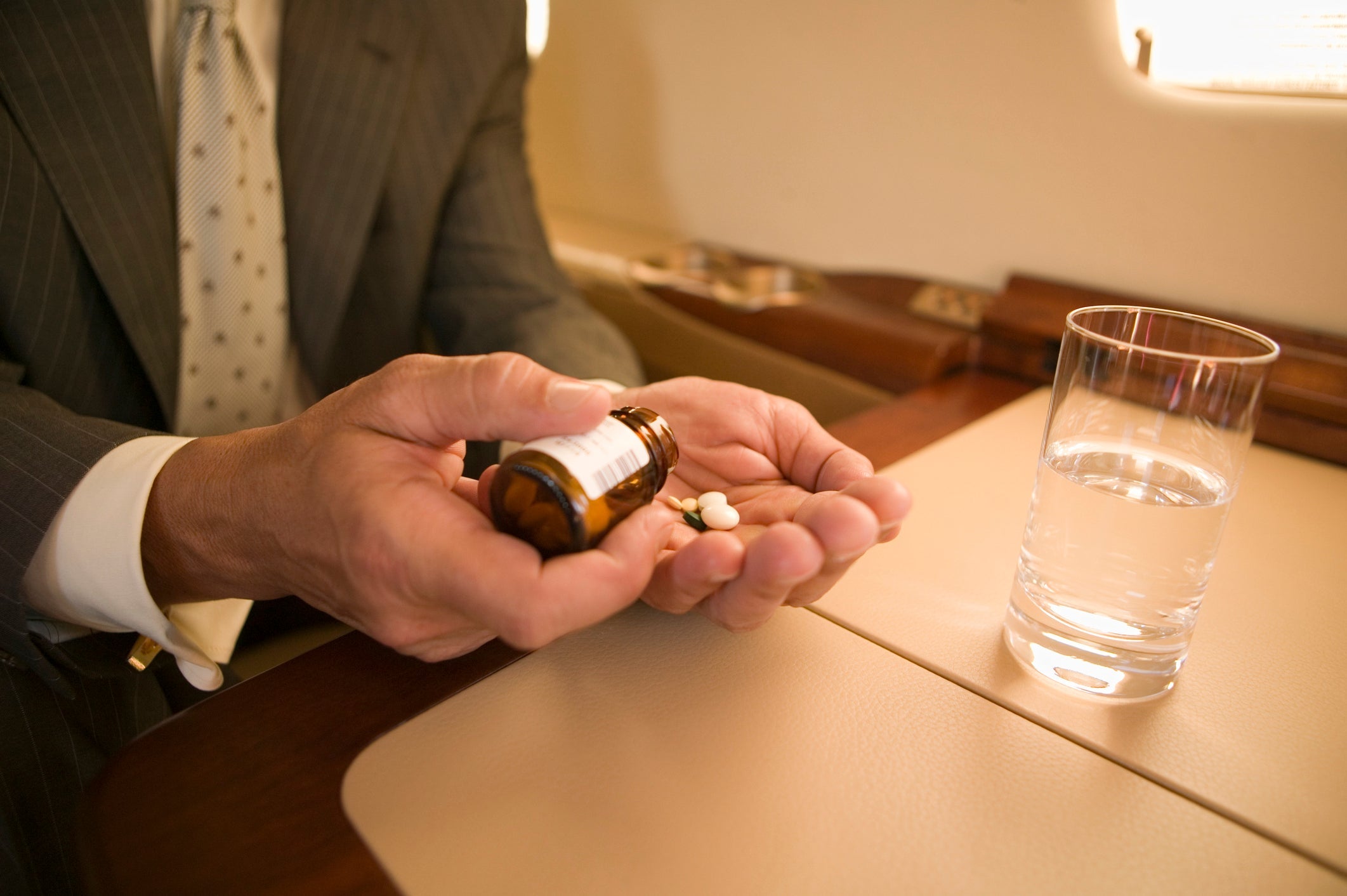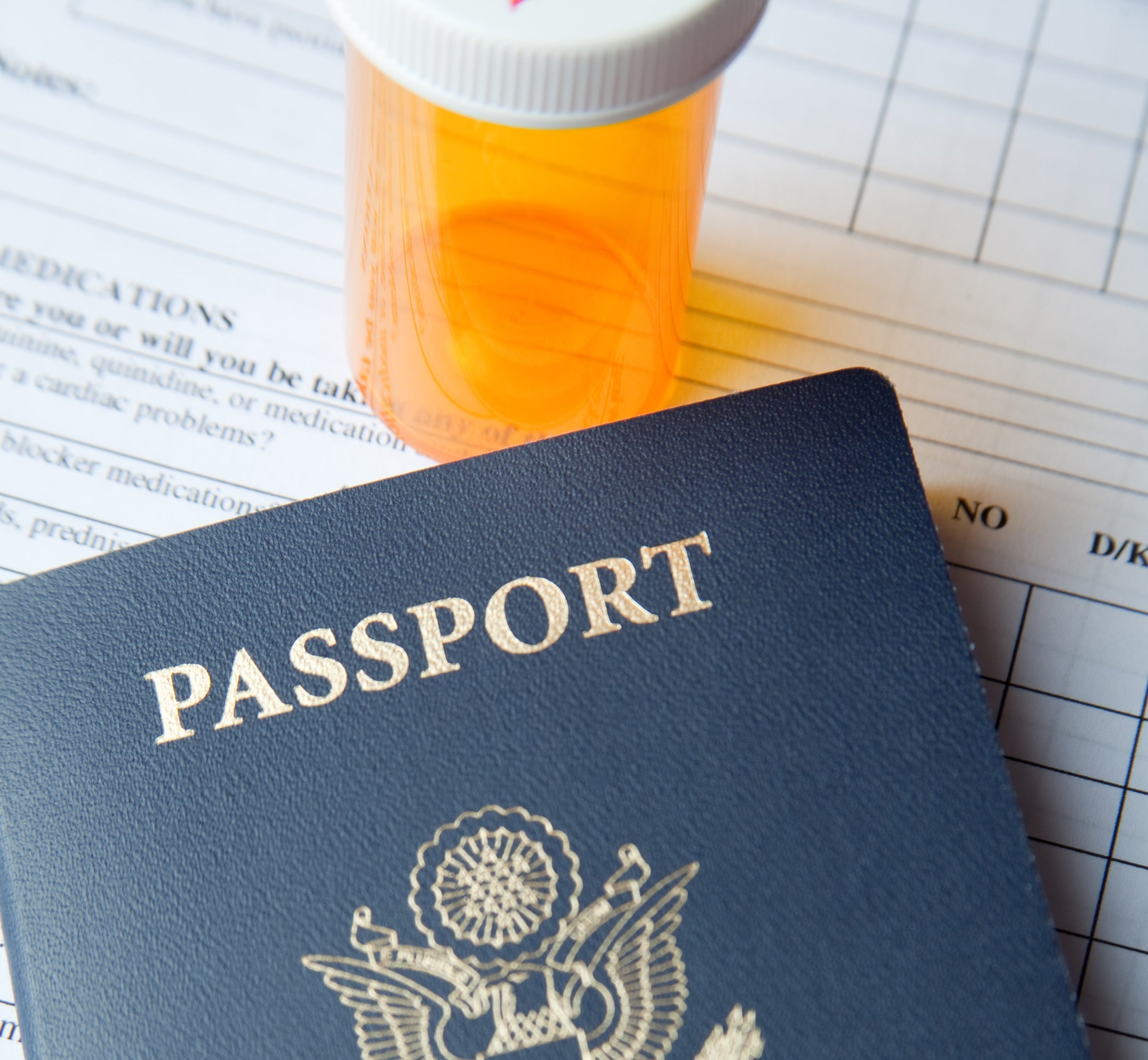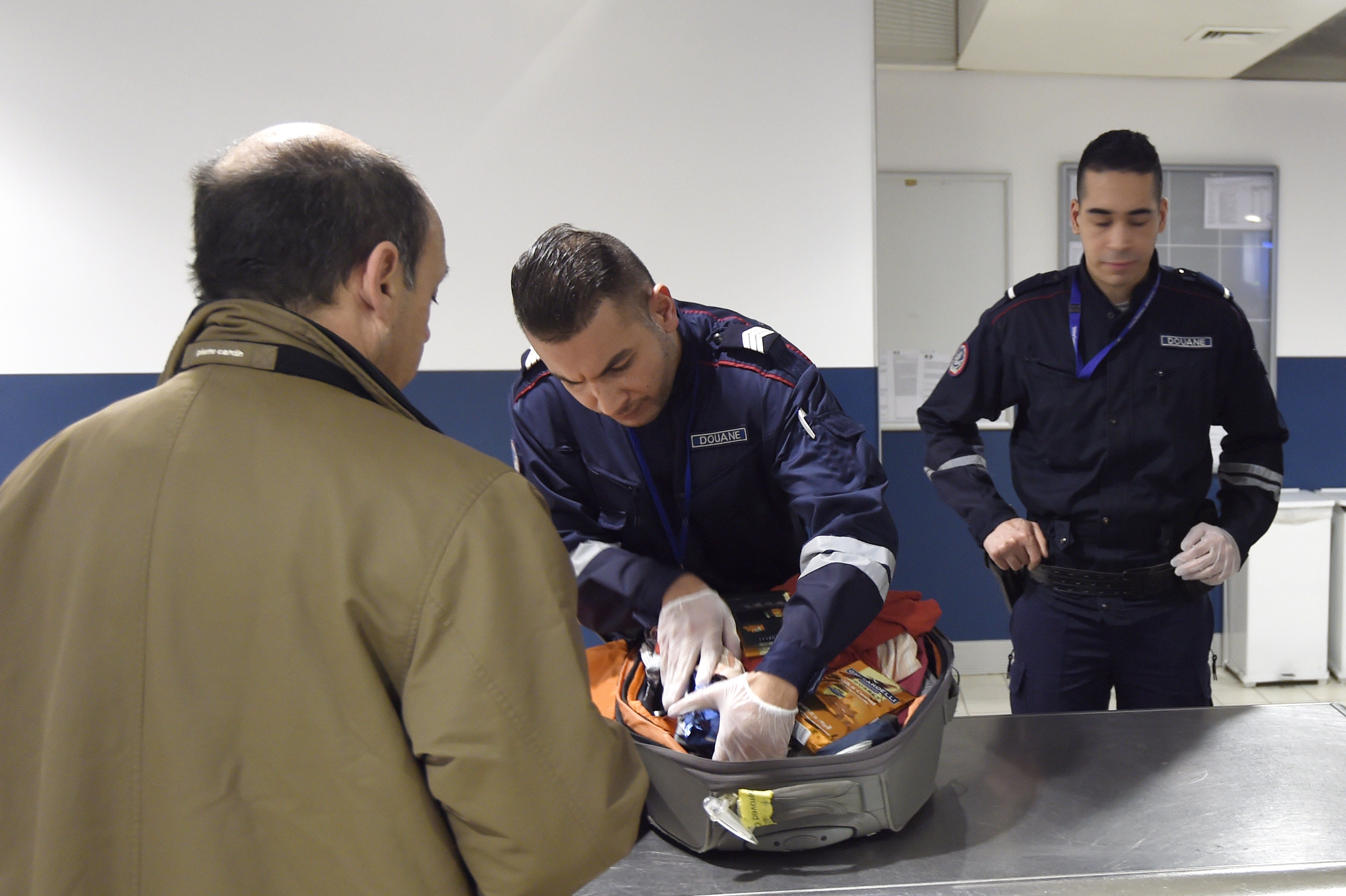Rx for Jail? What to Know Before Taking Your Meds Abroad
Maybe you didn't see MidnightExpress, but its reputation precedes it: no movie before or since ever came in like as big of a wrecking ball to an entire country's tourism industry. The harrowing, mostly true tale of what befell American student Billy Hayes after he tried smuggling hash out of Turkey hinged on a banned drug, but it's a cautionary tale nonetheless. That's because there are some everyday prescription medications that, while perfectly above board in the US or Europe, could easily land you in hot water — or maybe even a prison cell — if found on your person or in your suitcase overseas.
Unforeseen dangers
If you think such scenarios are the just the stuff of cinema, consider Egypt, where British tourist Laura Plummer was arrested on October 9 at Hurghada International Airport (HRG) on drug trafficking charges for bringing in Tramadol, a prescription painkiller that is legal in Great Britain but a strictly controlled substance in Egypt. Precisely why the 33-year-old shop assistant brought the meds with her are still a little murky — she maintains they were for her Egyptian partner's back pain — but, legitimate or not, she ran afoul of Egyptian customs authorities at the Red Sea resort airport. After a baggage scan detected 290 tablets of Tramadol, Plummer was hastily made to sign a 38-page confession document in Arabic and soon found herself locked up in a cramped communal 15-foot by 15-foot prison cell worthy of, you guessed it, Midnight Express. This month, following a brief, chaotic trial, she was sentenced to three years in an Egyptian prison.
Now, the fact that Hull was carrying so many Tramadol pills — the actual number may have been 320, according to news reports — may well have sounded an alarm at the airport and moreover was a pitfall that could have been avoided. Dr. Allen Lechtman, a retired California anesthesiologist who has specialized extensively in pain management, says that "higher numbers of pills can definitely raise red flags. In general and regardless of the specific medication, a patient should only receive enough medication to cover the initial evaluation period, which is usually between one and four weeks." The total number of those pills, he adds, "will depend on the dosing." As for Tramadol, Dr. Lechtman says that "it's a strong synthetic narcotic used to treat moderate to severe painful conditions and it has a strong potential to be abused — and is highly addicting."
As it happens, Egypt's geography places it at the crossroads of the world's major routes for drug trafficking, and the country does have a growing drug problem. The government-backed Egyptian newspaper Al Ahram reported that after the 2011 revolution, the country's shifting social situation and raging unemployment helped feed an addiction crisis. A large influx of Tramadol in shipments from China apparently contributed to its popularity as an "affordable fix" of choice and consequently, the paper reported, "people were easily able to access the drug through the black market instead of having to go to a pharmacy with a prescription." In such a charged climate, travelers ignore the relevant local laws at their peril.
Customs quirks vary by country

With Hull in prison, the UK's Foreign Office has stepped up its own warnings about bringing prescriptions to Egypt. And the Egyptian Consulate's advisory itself is pretty stark, stating that if travelers need to take medicine while visiting Egypt, an official letter from their doctor is required "specifying that the medication you are taking to Egypt is for your personal use only" and "the quantity you will be carrying." (The government also prohibits any meds containing Methadone from being taken into the country entirely.)
Ultimately though, how do you know if the medicine you need to take with you is banned once you get there? It always pays to consider the political and social context of the countries you're planning to travel to or through. Consider the United Arab Emirates, where it's forbidden to bring in more than a three month's supply of medicine. While you should be okay with regular prescription meds, narcotic drugs require not only valid prescriptions but prior approval from the UAE's health ministry — not your own country's. Having even tiny amounts of illegal drugs has resulted in travelers being detained and imprisoned. And the vagaries of customs regulations don't stop there: E-cigarettes are banned in the UAE as are, believe it or not, poppy seeds. Have an Israeli product (or, the global village being what it is, an Israeli prescription) on you? Don't bring it to the airports in Abu Dhabi or Dubai because the UAE prohibits products from Israel too, and if found on you, expect them (in the best case scenario) to be confiscated.

But by no means does the conservative Middle East have a lock on strict or arcane regulations governing meds. A certain kind of cough syrup is prohibited in Zambia. In Japan, only up to one month's supply of allowable prescription medicine — that's allowable by Japanese law — can be brought into the country. The website of the American Embassy in Japan notes that "heroin, cocaine, MDMA, opium, cannabis (marijuana), stimulant drugs including some prescription medications such as Adderall, and including some medications available over-the-counter in the US are prohibited in Japan" and "there are no exceptions in bringing these prohibited medications into Japan, even if the medication is legally obtained outside of Japan." So, as for that joint you started puffing outside LAX for legal recreational or medicinal purposes? Make sure you've tossed it before boarding your flight to Tokyo, or you could be in for one heck of a buzzkill after you land.
Get a letter…and don't forget to pack it

Regardless of where you're headed, think smart before you go. "It's a good idea to keep your prescription medicine in its original packaging and to carry a letter from your doctor accompanying any prescription if you're traveling to a foreign country," Dr. Lechtman says. Beyond that, doing your homework may be the best preventive medicine you can take to avoid potential legal snafus and other dangers. For general information about what is or isn't legal to take as well as very specific questions, you can reach out to the relevant embassy or nearest consulate, and in most cases a simple Web search will do. Turkey's official travel site, for example, has a page about forbidden drugs, which incidentally but significantly includes marijuana. No excuses will be brooked.
Dr. Lechtman, who early in his career spent two years in Izmir, Turkey, as an Air Force physician as part of a NATO detachment, advises that "even with a perfectly valid prescription, it's always good to remember that the moment you go abroad you're going to be at the mercy of local authorities and a given country's regulations. Some things will always be out of your control but taking some basic precautions with your prescriptions will go a long way toward reducing the chance of making yourself an inadvertent target of a random custom officer's whims."
The bottom line is always be prepared, and as the doctor says — and as at least one British tourist has learned the hard way — "don't be shocked at what can happen to you in some countries."
TPG featured card
at Capital One's secure site
Terms & restrictions apply. See rates & fees.
| 5X miles | Earn 5X miles on hotels, vacation rentals and rental cars booked through Capital One Travel |
| 2X miles | Earn unlimited 2X miles on every purchase, every day |
Pros
- Stellar welcome offer of 75,000 miles after spending $4,000 on purchases in the first three months from account opening. Plus, a $250 Capital One Travel credit to use in your first cardholder year upon account opening.
- You'll earn 2 miles per dollar on every purchase, which means you won't have to worry about memorizing bonus categories
- Rewards are versatile and can be redeemed for a statement credit or transferred to Capital One’s transfer partners
Cons
- Highest bonus-earning categories only on travel booked via Capital One Travel
- LIMITED-TIME OFFER: Enjoy $250 to use on Capital One Travel in your first cardholder year, plus earn 75,000 bonus miles once you spend $4,000 on purchases within the first 3 months from account opening - that’s equal to $1,000 in travel
- Earn unlimited 2X miles on every purchase, every day
- Earn 5X miles on hotels, vacation rentals and rental cars booked through Capital One Travel
- Miles won't expire for the life of the account and there's no limit to how many you can earn
- Receive up to a $120 credit for Global Entry or TSA PreCheck®
- Use your miles to get reimbursed for any travel purchase—or redeem by booking a trip through Capital One Travel
- Enjoy a $50 experience credit and other premium benefits with every hotel and vacation rental booked from the Lifestyle Collection
- Transfer your miles to your choice of 15+ travel loyalty programs
- Top rated mobile app


